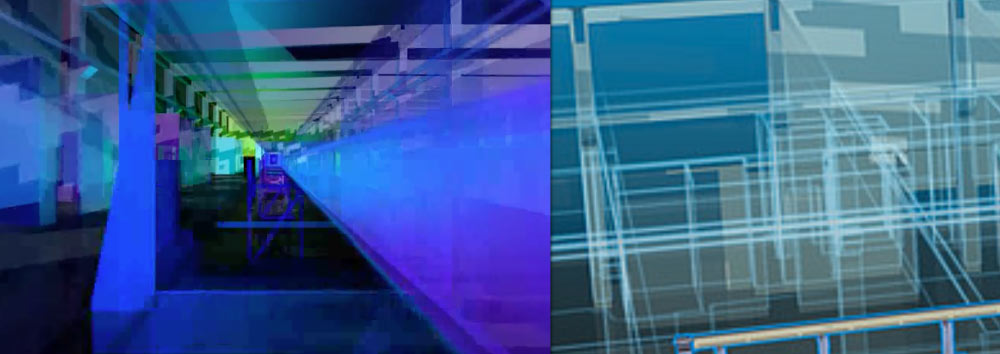We have been exploring the analytical power of neutrons at the Institut Laue-Langevin (ILL) for many decades, developing some of the world’s most advanced tools for investigating materials. Small-angle neutron scattering (SANS) is one such technique that consists of directing a penetrating beam of neutrons at a sample and utilising the scattering pattern to infer its microscopic structure.
SANS has been shown to be particularly suited to the analysis of soft matter – the term used to describe substances that are easily deformed by thermal fluctuations and external forces. This includes liquids, polymers, gels, and a number of biological materials. Neutron beams are non-destructive as opposed to other experimental techniques such as small-angle x-ray scattering (SAXS), while the structural components SANS can analyse range in size from 1-100 nanometres – these features make it an ideal tool for exploring soft matter without disturbing the often delicate and heterogeneous systems common to biological materials.
Developments in analytical tools for soft matter studies are highly important both for the development of new materials and in enhancing our knowledge about current materials, including those that exist inside human beings such as biological macromolecules. Innovations in SANS experiments are allowing us to gain a deeper and broader understanding of the structure and behaviour of soft matter using neutrons. Two recent studies that have emerged from the ILL demonstrate just how much potential there is for scientific progress through development of the SANS sample environment available, both utilising our D11 instrument.
About ILL
The Institut Laue-Langevin (ILL) is an international research organisation that is a world leader in Neutron Science. Since its foundation in 1967, the Institute is a shining example of scientific cooperation. Presently 10 European countries (Spain, Switzerland, Austria, Italy, Czech Republic, Sweden, Belgium, Poland and Slovakia) ensure the necessary financial support for the ILL operation under the governance of 3 Associate Member countries: France, Germany and The United Kingdom. The research conducted at the ILL is dedicated to fundamental research (60%) as well as societal challenges research (40%). It covers a wide range of disciplines such as biology, (green) chemistry, materials science, condensed matter physics, as well as nuclear and particle physics.



